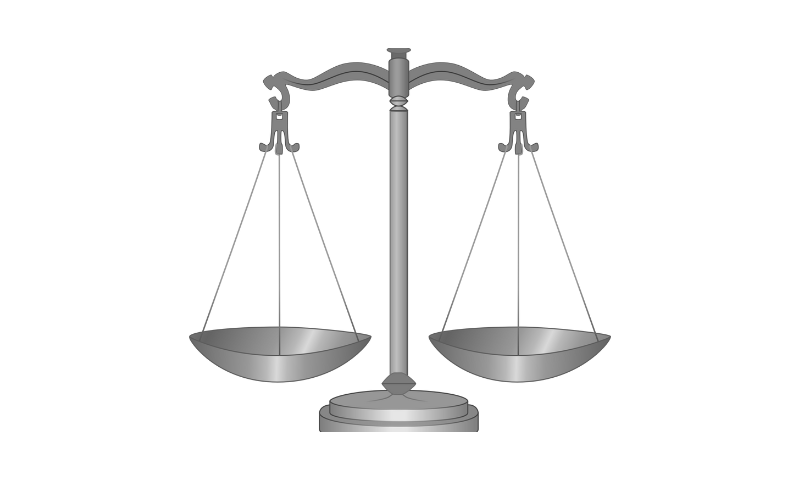Peter Berkowitz
Real Clear Politics, Apr. 23, 2023
“The deep crisis of 2023 endangers the Israeli miracle. It threatens to erase our sensational achievements and leave us homeless.”
In early January, just days after the swearing-in of Prime Minister Benjamin Netanyahu’s government but without preparing the nation, Justice Minister Yariv Levin announced an ambitious judicial-reform package aimed at severely restricting the Supreme Court’s power to check the legislative and executive branches. The proposed judicial overhaul sparked massive protests throughout the country. Energized by the center and left – including large swaths of the national security community and the high-tech sector – while drawing noteworthy support from the right, the protests are entering their 17th week. In late March, amid declining poll numbers, Netanyahu suspended the parliamentary rush to curb the judiciary – the opposition calls it “regime change” – until the Knesset’s summer session, which begins May 1. The pause bought Israel time but did not end the unprecedented national crisis.
Netanyahu’s April 10 televised speech exhibited conflicting tendencies. On the one hand, he called for national unity. He reported that his government responded forcefully to terrorist attacks in Israel and the territories and to rocket fusillades from Lebanon and Syria and, with the military’s full support, would persist. He also promised that judicial reform would maintain protection of individual rights while establishing a sound separation of powers. On the other hand, Netanyahu fanned the flames of disunity. He denounced the previous government for weakening the country and for inviting the new round of hostilities. He also portrayed judicial-reform opponents – encompassing more than half the country, according to recent polls – as undermining Israel’s national security and political stability.
Eminent opposition members have also sown discord. To take an egregious example, former Prime Minister Ehud Barak likened Israel’s President Isaac Herzog’s efforts at mediation to the West’s initial appeasement of Nazi Germany. In addition, more than a few flag-waving protesters have raised the stakes: They seek not merely to block the government’s judicial reforms but to oust Netanyahu. For several years the center and left have rallied around the slogan, “just not Bibi.” Instead of championing alternative policy, they have concentrated on demonizing Netanyahu and by extension, his supporters.
Citizens’ internalization of their political leaders’ exhortations to despise the other side may pose the greatest long-term threat to the Jewish state. So argues distinguished Israeli journalist Ari Shavit in a slender volume prompted by the political crisis of which the judicial overhaul, he contends, is only the proximate cause. Composed, he explains, with love, apprehension, and haste, “Saving Israel” (an English translation is in the works) provides a searing analysis of the clash of enmities and empowerment of zealotry in the Jewish state. It also offers an inspiring account of the submerged convictions that still unite a Zionist majority of right and left. And it specifies concrete steps to avert disaster. … [To read the full article, click here]


